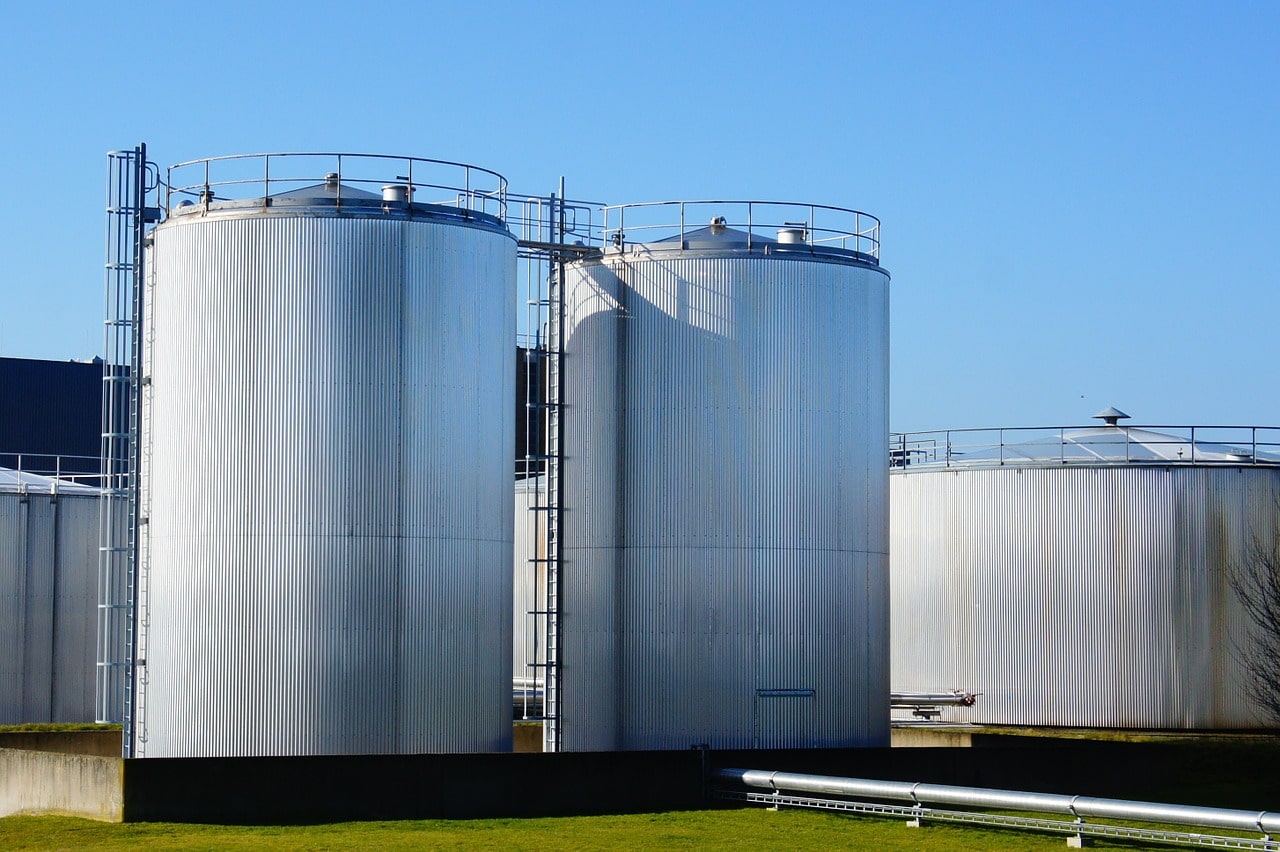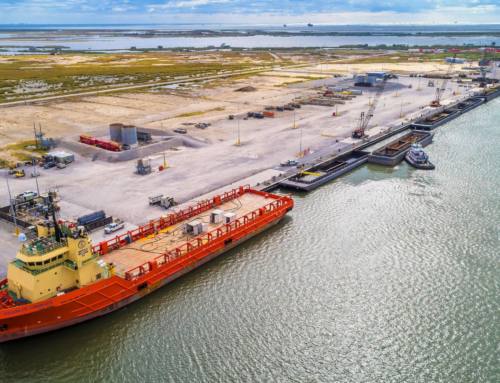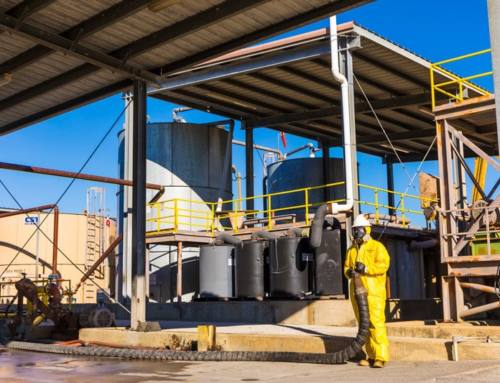At Ecoserv, we understand the importance of RCRA compliance when it comes to achieving success with your waste programs. But to maintain compliance, you must understand the regulations that affect your business.
Ecoserv developed its own Waste Management Plan to ensure the most effective and efficient management of our customers’ waste streams in a manner that complies with all RCRA laws. This is crucial for the oil and gas industry, vessel cleaning and more.
Here’s an overview of what you should know about the RCRA so you can stay in compliance with the help of Ecoserv.

What is the RCRA?
RCRA stands for the Resource Conservation and Recovery Act. This piece of legislation contains instructions for monitoring the management of hazardous wastes and underground storage tanks. Specific guidelines exist for hazardous wastes to prevent accidents or exposure that could pose public health and safety risks.
The Environmental Protection Agency (EPA) works with partners on federal, state and tribal levels to ensure RCRA compliance, with most of the compliance monitoring responsibilities delegated to the more local levels of government.
Who does RCRA apply to?
Any type of business, organization or entity that deals with hazardous wastes and materials will be required to abide by the terms of the RCRA. Obviously, this is far more likely to be an issue for some industries than others.
As one example, oil and gas companies must utilize cleaning services to clean up all work sites in accordance with the RCRA’s guidelines. In addition, on offshore platforms, oil and gas operators are required to manage hazardous waste from the point of generation, meaning their platforms, rather than from shorebase terminals. With Ecoserv, we consult with these oil and gas companies to create waste management processes that ensure transportation of hazardous wastes in a safe, compliant manner.
There are many other types of businesses and facilities throughout the country that generate hazardous waste and are thus affected by the conditions of the RCRA. Common examples include:
Any facility in the United States that stores, treats or disposes of hazardous waste must have the proper permits in place for doing so. In addition, any generator or transporter of this waste must meet all of the legislation’s requirements for handling, managing and tracking that waste. All of the guidelines for these processes can be found in the RCRA.
What is considered RCRA hazardous waste?
For the purposes of the RCRA, hazardous wastes are defined as being any kind of waste with properties that make them potentially dangerous or harmful for humans or for the environment. Hazardous wastes can come in many different forms: gas, solid, liquid or sludge. They might be discarded commercial products, like pesticides or oils, or could be byproducts of the manufacturing processes for making commercial products.
There are four hazardous waste lists: the F-list, the K-list, the P-list and the U-list. Appearance of a waste on any of those lists classifies it as a hazardous waste, meaning it is subject to all of the regulatory standards enforced by the RCRA. The F list refers to non-specific wastes, the K-list is source-specific wastes, and the P and U lists cover discarded commercial chemical wastes.
Beyond these listed wastes, a waste product may be considered hazardous waste for RCRA purposes if it has certain characteristics (thus making it a “characteristic” waste). The four characteristics considered for these purposes are toxicity, ignitability, corrosivity or reactivity. If the waste exhibits at least one of those characteristics, it is considered a hazardous waste for RCRA purposes, even if not explicitly included in one of the aforementioned lists.
Full, detailed information about hazardous waste classification and regulatory rules can be found in Subtitle C of the RCRA.
If you are a business or entity that deals with hazardous waste and you need a more efficient and effective plan for your waste management, we encourage you to contact our team of professionals at Ecoserv. We will be happy to discuss your waste management needs and develop a customized plan that will be suitable for your company, ensuring simple and reliable long-term regulatory compliance with the RCRA.


